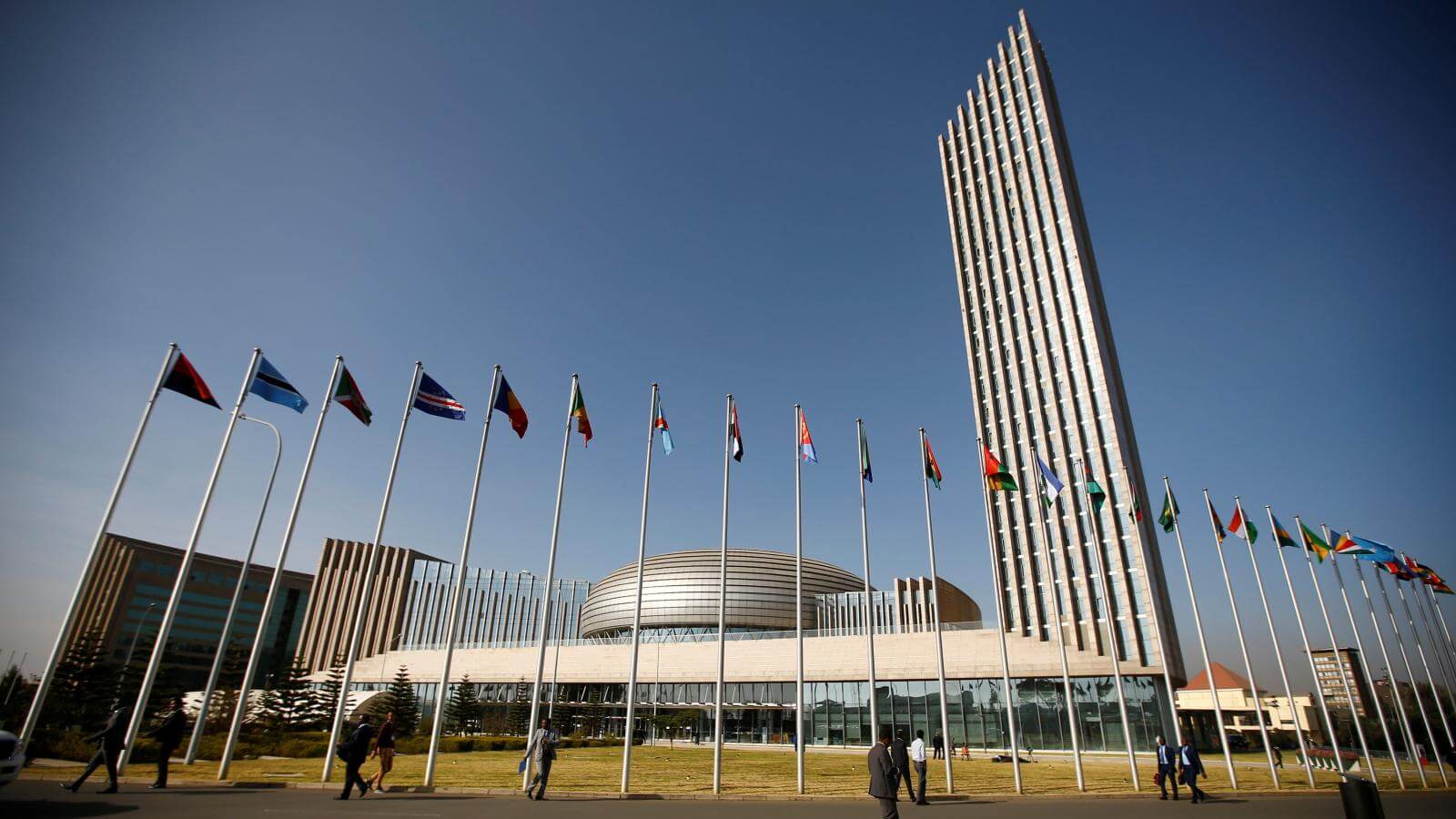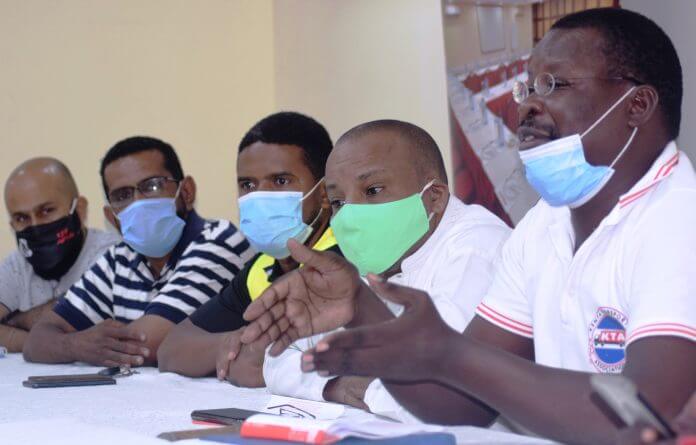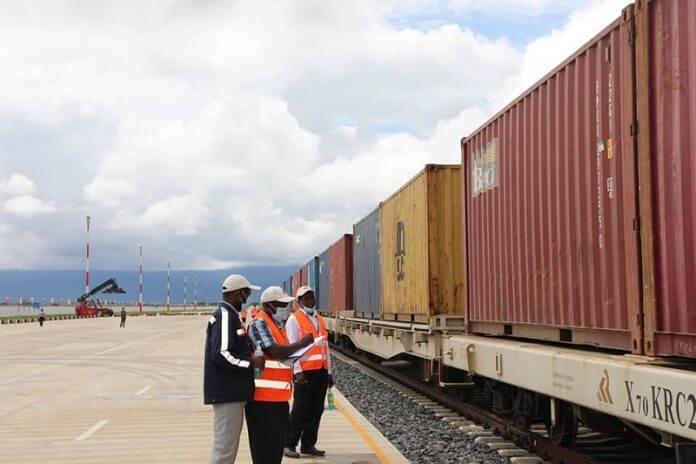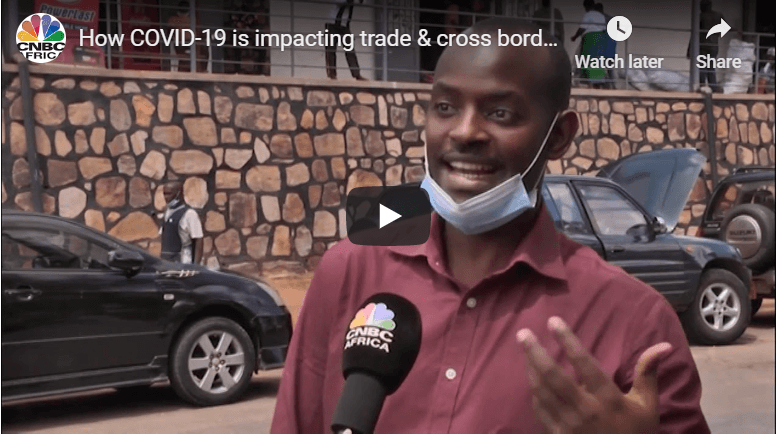Are we now in a “new Cold War,” as headlines in recent months suggest? As the covid-19 pandemic rages on, relations between the United States and China have reached new lows, and President Trump threatened to “cut off the whole relationship.” This leaves economists and policymakers considering a question that once seemed unthinkable: What would happen to global supply chains if this decoupling should occur? Which countries can step into the vacuum created by this superpower conflict? Our recent study gives some answers. We show the building blocks are already emerging for a new international trade order — with a rapidly increasing number of poorer countries navigating this system. This has happened largely without the direction of global superpowers like the United States and China. Here is what you need to know. The ‘China shock’ has hit poor countries Like the United States, many poor countries have struggled with the economic and political effects of a “China shock” since the 1990s. As China’s export dominance in manufactured goods satisfied much of the demand from wealthier nations, developing countries saw a sharp decline in trade with the global north, as the figure below indicates. These countries have also been shut out of lucrative trade agreements with Europe and the United States, which concentrated primarily on deals with the larger “BRICS” (Brazil, Russia, India, China, South Africa). 5 ways the coronavirus is making the world’s most vulnerable a lot more vulnerable Our study explores what this shock has meant for poor countries...
Developing countries have been busy forging trade agreements — with one another
Posted on: May 29, 2020
Posted on: May 29, 2020























